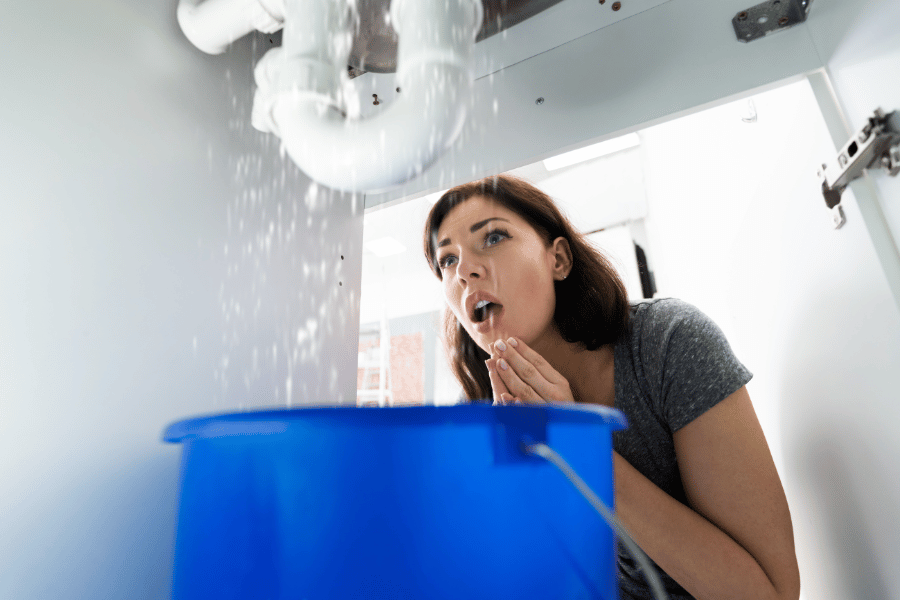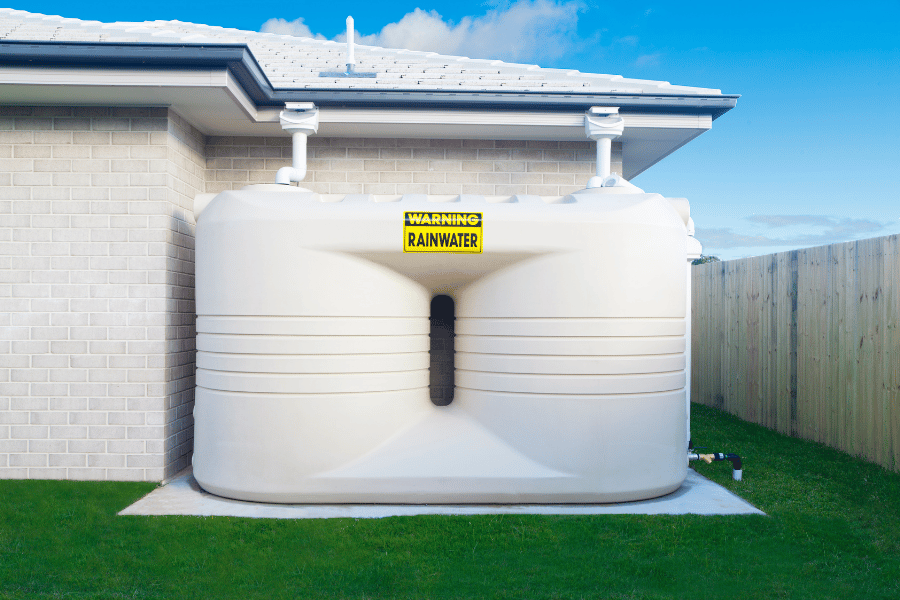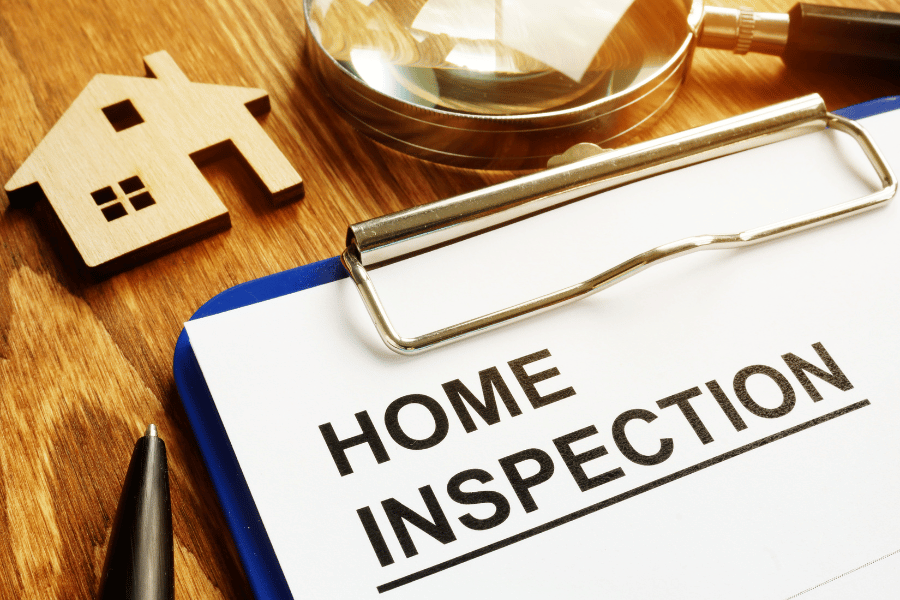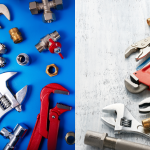
8 Basic Tools for The DIY Plumber
December 5, 2023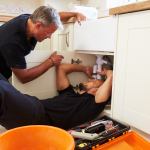
Plumbing Career Opportunities in Suffolk County, NY
January 18, 2024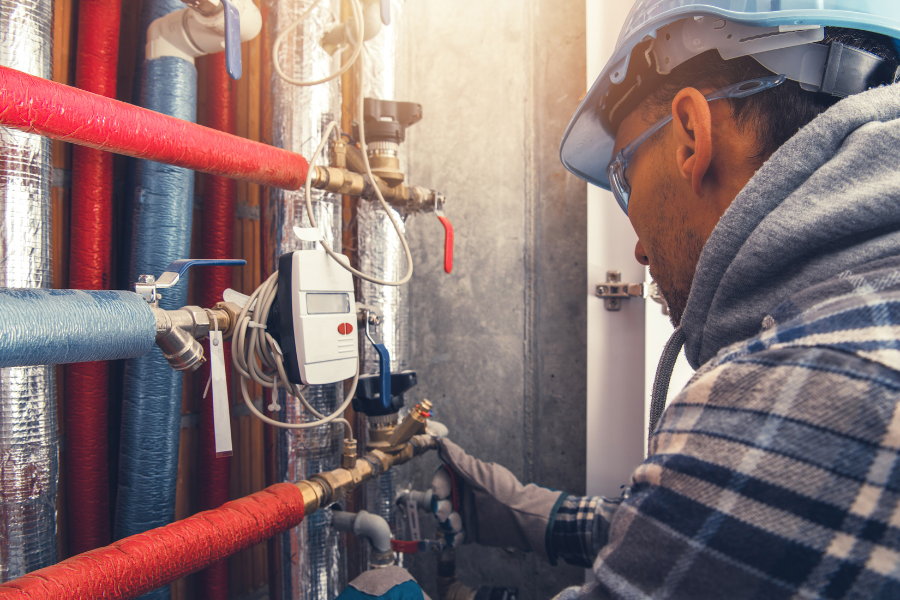
2024 Trends for The Plumbing Industry
After enjoying growth and steady work for years on Long Island, the plumbing industry finally needs to get ready for a slowdown. Plumbing professionals need to contend with continued sluggishness in the home-building sector, rising interest rates, and continuing shortages of labor. As usual, plumbing professionals also need to keep abreast of the constant evolution of the industry's equipment, skill sets, and professional education standards. Additionally, plumbers should be aware of the way customer expectations are changing due to multiple factors like smart appliance technology and increased concern about environmental impact.
COVID-19's Post-Pandemic Impact on the Plumbing Industry
Overall, the COVID-19 pandemic had a significant impact on the plumbing industry, and these effects are expected to continue in the coming years. The pandemic has not only affected the plumbing industry, but also the construction, home improvement, and other related trades, as well as the economy as a whole. In addition to the ongoing impacts of COVID-19, there are several industry trends that will be important to consider for plumbing professionals and their customers in 2024.
Housing Market Instability Affecting the Plumbing Industry
According to IBISWorld, the total value of the US plumbing industry was estimated to be around $134 billion in mid-2022, with approximately 130,300 companies operating in the industry at the time. According to the US Bureau of Labor Statistics, there were almost half a million plumbers, pipefitters, and steamfitters in the country in 2020. While the last few years have been positive for plumbing companies, experts predict a small but significant (0.1%) decline in plumbing revenue for 2022 due to a flattening market, a decrease in the housing sector, and rising material costs.
Low Interest Rates Led to a Boom in Home Construction
Prior to the COVID-19 pandemic, mortgage rates were already at historic lows, which increased purchasing power for new homebuyers and led to a surge in both home equity and home ownership. This increased demand also resulted in a boom in home construction. However, as interest rates return to more normal levels, builders are unlikely to continue developing at such a rapid pace in 2024, which will likely result in decreased demand for plumbing professionals in new construction work.
Scarce Labor and Materials Will Continue to be Challenges for the Plumbing Industry
Although reduced demand for skilled plumbers in new construction in the coming year may provide an opportunity to redistribute industry professionals to other sectors where they are in high demand, the plumbing industry has been struggling with a significant labor gap for years due to the retirement of experienced plumbers, a lack of younger workers entering the industry, and general labor shortages across the economy. The COVID-19 pandemic has exacerbated these challenges for the plumbing industry.
Shortage of Skilled Labor and Materials Will Continue to Affect the Plumbing Industry
The reduced demand for skilled plumbers in new construction in the coming year may provide an opportunity to redistribute industry professionals to other sectors where they are in high demand, as the plumbing industry has struggled with a significant labor gap for years due to the retirement of experienced plumbers, a lack of younger workers entering the industry, and general labor shortages across the economy. The COVID-19 pandemic has further exacerbated these challenges. According to the National Association of Home Builders (NAHB), there was a deficit of more than 50% of plumbers who were able to work but not working in 2021, making it difficult for contractors to staff jobs. In addition, the pandemic has made it harder to acquire materials, both basic supplies and final installation products, which have been in limited supply and have seen price increases.
Some Homeowners Delay Plumbing Repairs and Upgrades
According to a 2021 Healthy Home Study conducted by The Farnsworth Group in collaboration with the Joint Center for Housing Studies at Harvard, one-third of the homeowners surveyed reported that their homes had plumbing damage or outdated plumbing. This may represent an opportunity for plumbing contractors to offer reasonable prices and scheduling to homeowners who are delaying repair and upgrade work.
Increasing Concerns About Environmental Impact among Consumers
An increasing number of consumers consider the environmental impact of their plumbing decisions, prioritizing the use of eco-friendly products such as toilets and fixtures that use minimal water. There is also growing interest in innovative equipment and techniques to reduce the environmental impact of homes, including residential greywater recycling systems and environmentally-friendly water heaters, such as tankless models. According to Grandview Research, demand for solar water heaters is expected to increase by about 8.1% in the coming years.
Growing Demand for Tankless Water Heaters
According to the Healthy Home Study conducted by The Farnsworth Group and Harvard, more than 30% of surveyed homeowners indicated plans to improve the energy efficiency of their homes by installing a tankless water heater.
Increasing Demand for Smart Plumbing Fixtures
American homeowners are increasingly incorporating smart technology into their homes, including in the plumbing industry. Smart technology in the plumbing industry includes products such as motion-activated faucets and online leak detectors, which can reduce water consumption and energy usage, prevent water damage, and improve quality of life when used properly. The national market for smart toilets was estimated to be around $6 billion in 2018, and industry experts predict that it will more than double to a total market value of nearly $13 billion by 2026. In a study conducted by The Farnsworth Group, there was high interest among surveyed homeowners in owning smart fixtures, with 43.1% indicating an interest in a smart toilet and 48.2% saying they did not currently own automated faucets but would like to.
Importance of Ongoing Training and Education in the Plumbing Industry
In order to meet the evolving needs and demands of customers, it is important for professionals in the plumbing industry to continually expand their knowledge and expertise. This may involve keeping up with new technologies, such as smart home technology, and being able to install, repair, and work with them. In addition to individual efforts to maintain current skills, new technologies may also lead to updates in training and licensing standards and the creation of new certification programs. Staying current with new technologies and customer demands can help plumbers unlock new sources of income and employment opportunities.
Increasing Need for Specialized Tools in the Plumbing Industry
In addition to changes in the work and products in the plumbing industry, the tools and equipment used are also evolving. In recent years, the plumbing industry has seen a surge in innovative technologies that have revolutionized traditional practices, enhancing both efficiency and sustainability.
- Trenchless pipe repair, for instance, allows plumbers to fix pipes without significant digging, thereby reducing landscape disruption.
- Smart faucets and fixtures, equipped with touchless technology and voice activation, offer heightened hygiene and convenience for homeowners.
- Advanced leak detection systems utilize acoustic or infrared technologies to pinpoint minute leaks, conserving water and saving on utility bills.
Furthermore, eco-friendly plumbing solutions, like greywater recycling systems and high-efficiency toilets, contribute to water conservation efforts, reflecting the industry's commitment to sustainability. These advancements not only provide improved services but also underscore the industry's adaptation to modern demands and environmental considerations.
Anticipated Continued Innovation in the Plumbing Industry
Plumbers today use infrared and HD cameras to locate leaks, and sewer line replacements no longer require trench digging due to technological advancements. The plumbing industry has been significantly impacted by technology and will likely continue to be influenced by it in the future. Plumbers can also benefit from innovative software in areas such as customer management, scheduling, and long-term care. Professionals in the trade are often quick to adopt new technologies that are reliable, and it is expected that technological development in the industry will continue at a rapid pace.
To sum it up, the COVID-19 pandemic has had a significant impact on the plumbing industry, and these effects are expected to continue in the coming year. The reduced demand for skilled plumbers in new construction may provide an opportunity to redistribute industry professionals to other sectors where they are in high demand, as the plumbing industry has struggled with a significant labor gap for years. Additionally, the availability of labor and materials may continue to be challenges for the industry. Online retailers may offer potential for high profits, and homeowners are increasingly considering the environmental impact of their plumbing decisions when making purchasing decisions. There is growing demand for smart plumbing fixtures and tankless water heaters, and ongoing training and education will be important for professionals in the industry to keep up with new technologies and customer demands. The plumbing industry is also expected to see continued innovation in tools and software.


